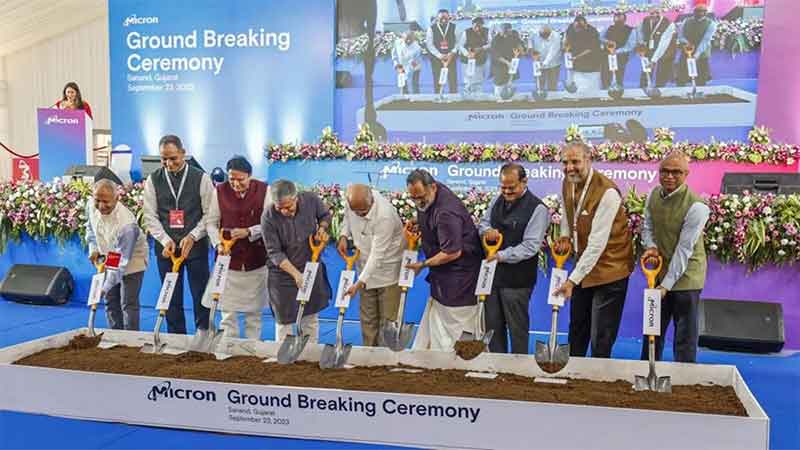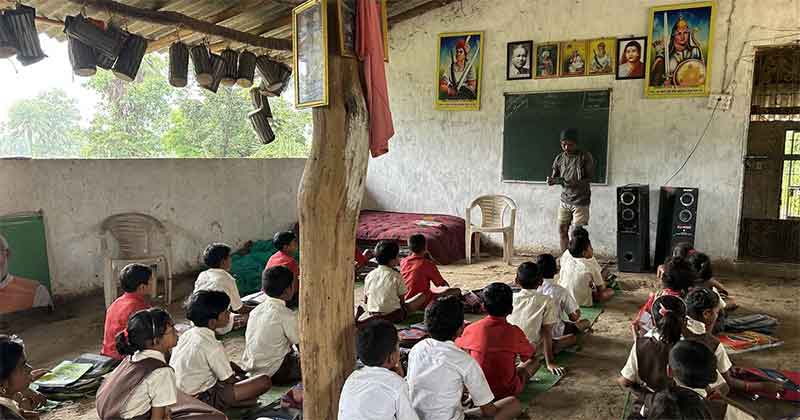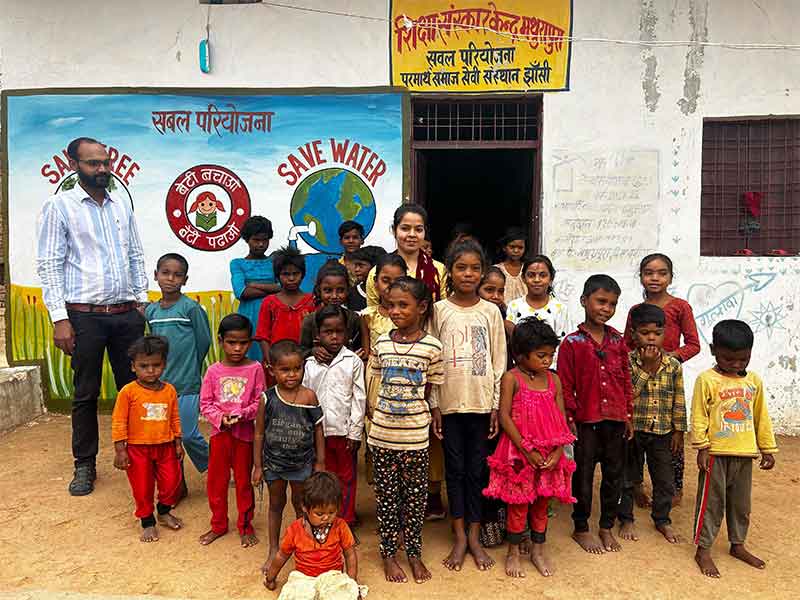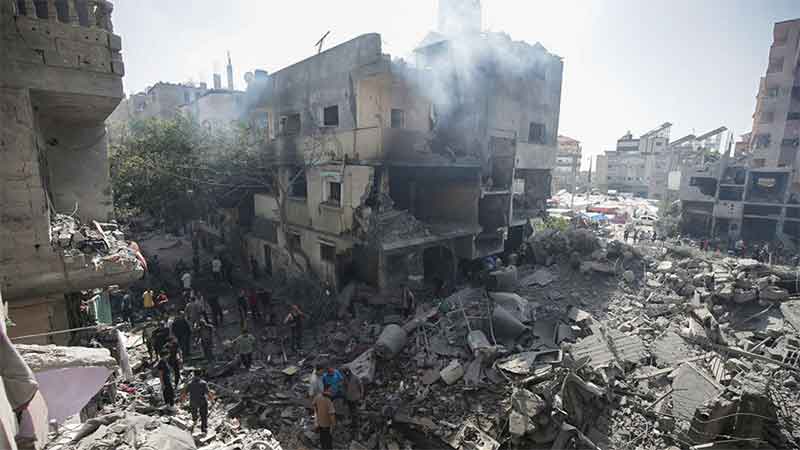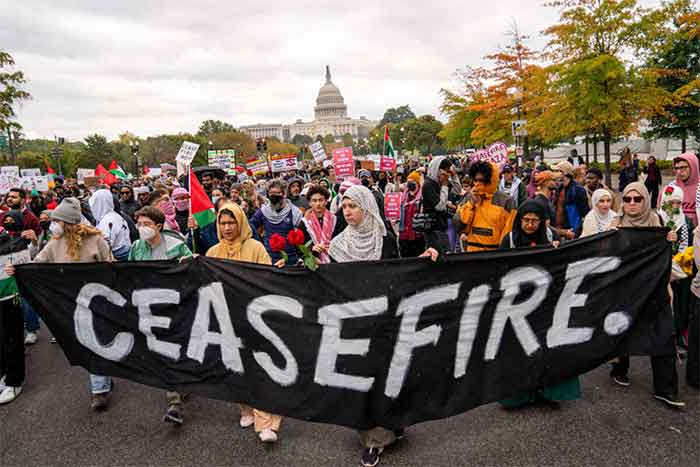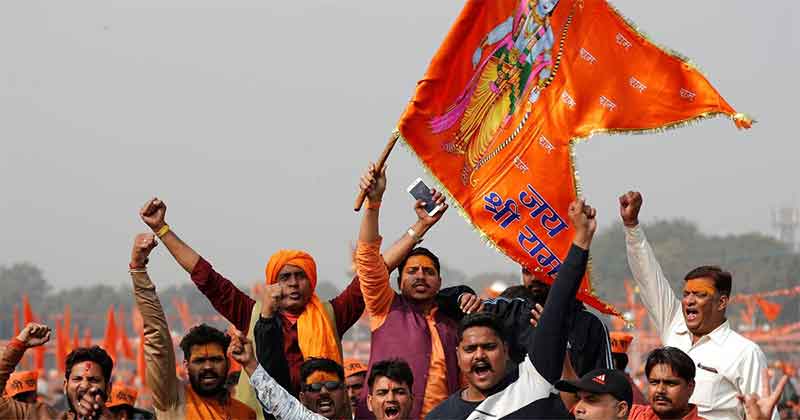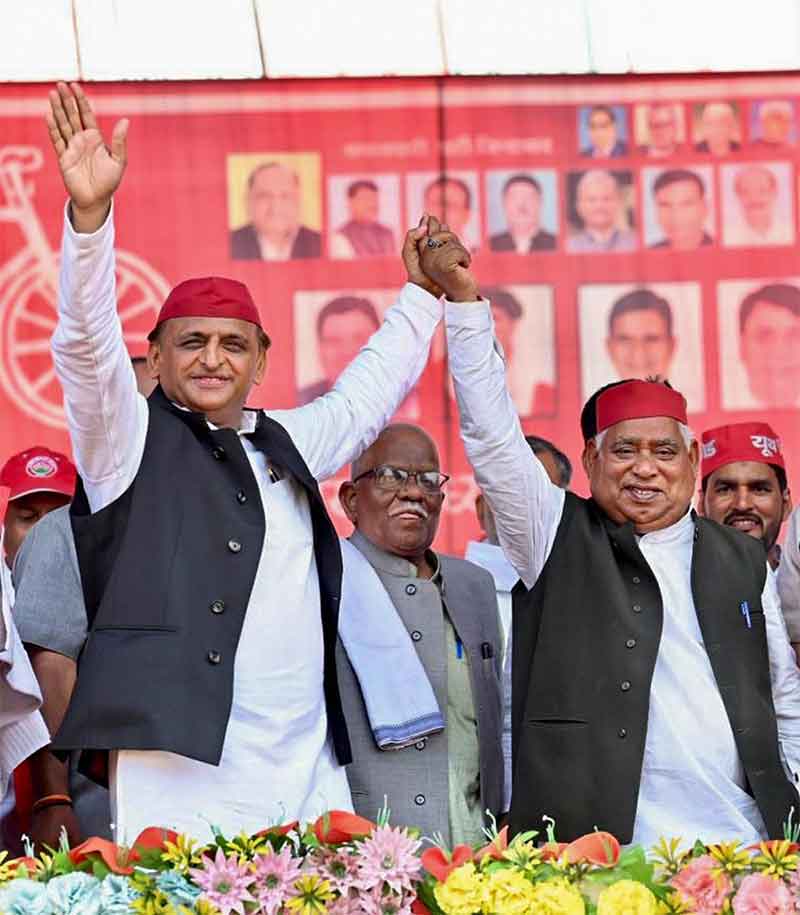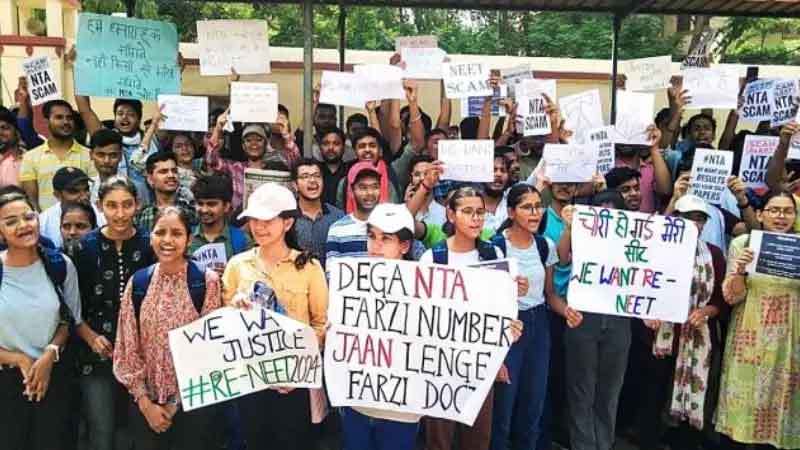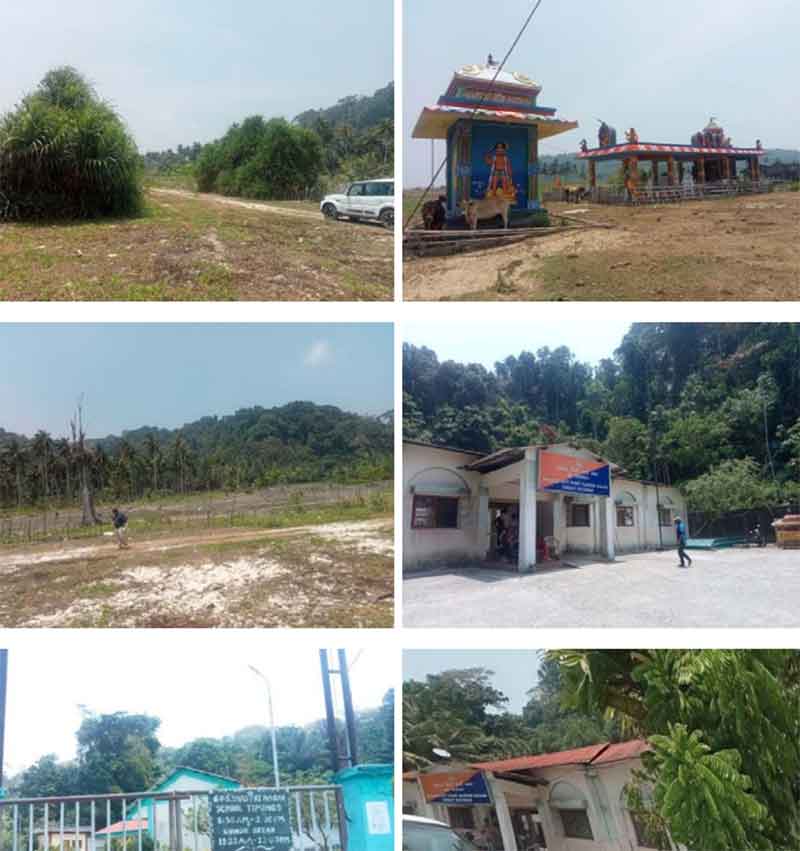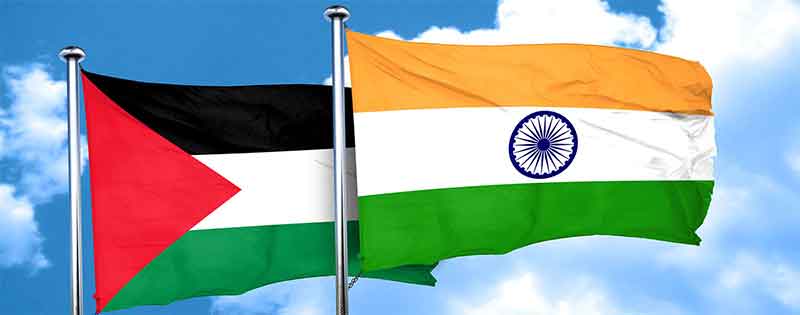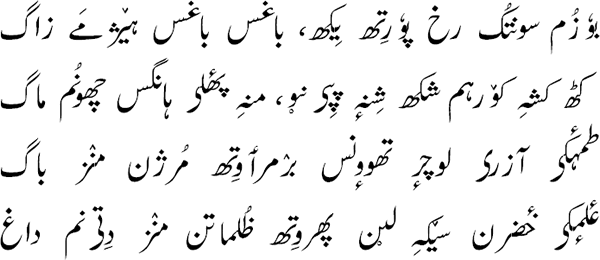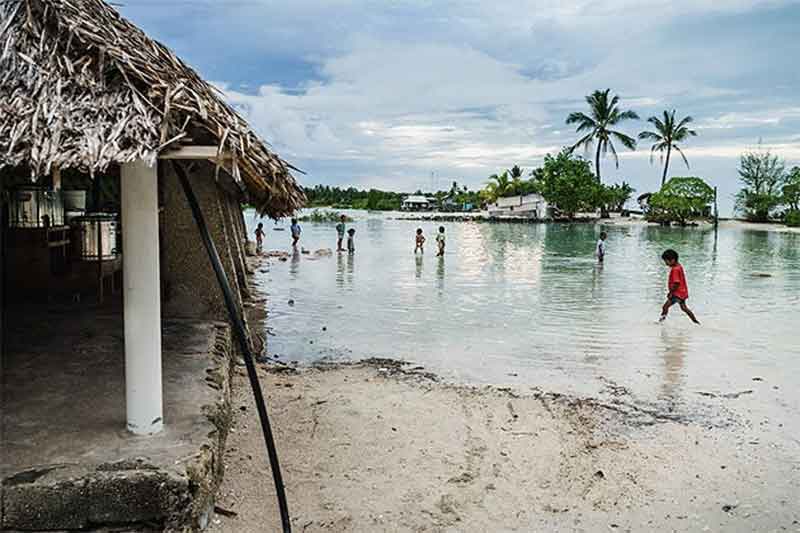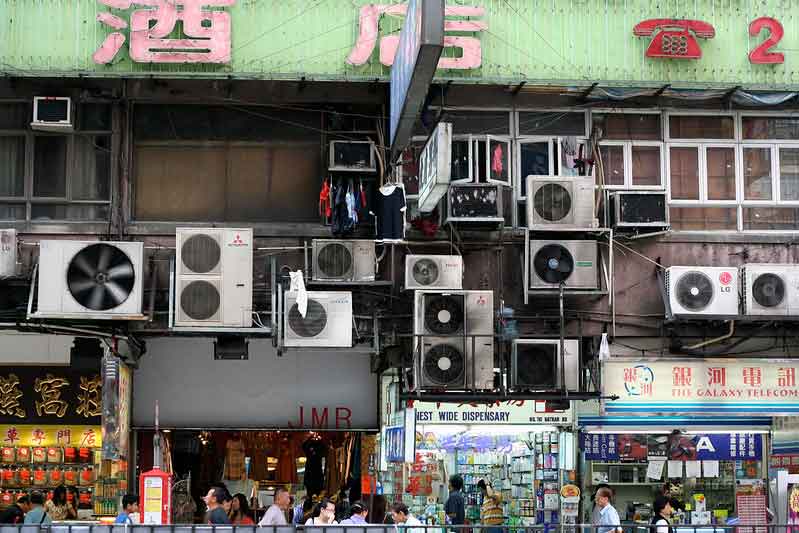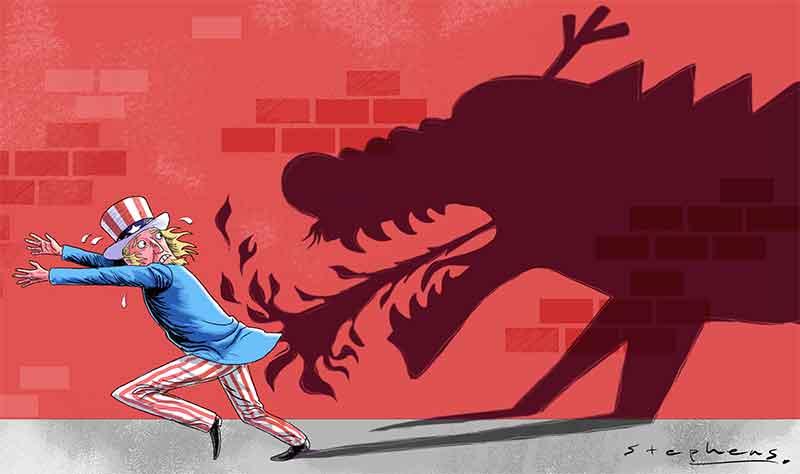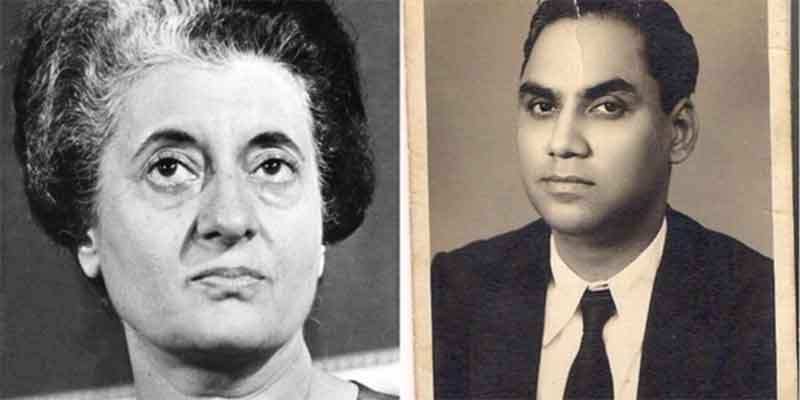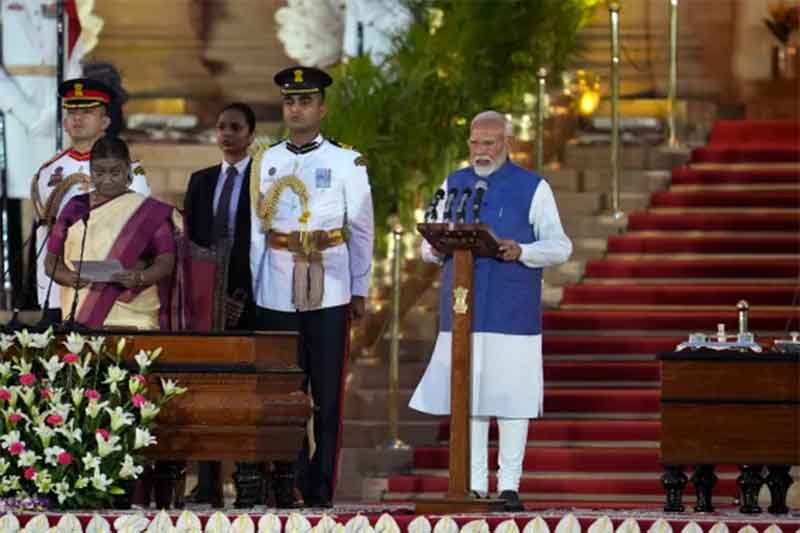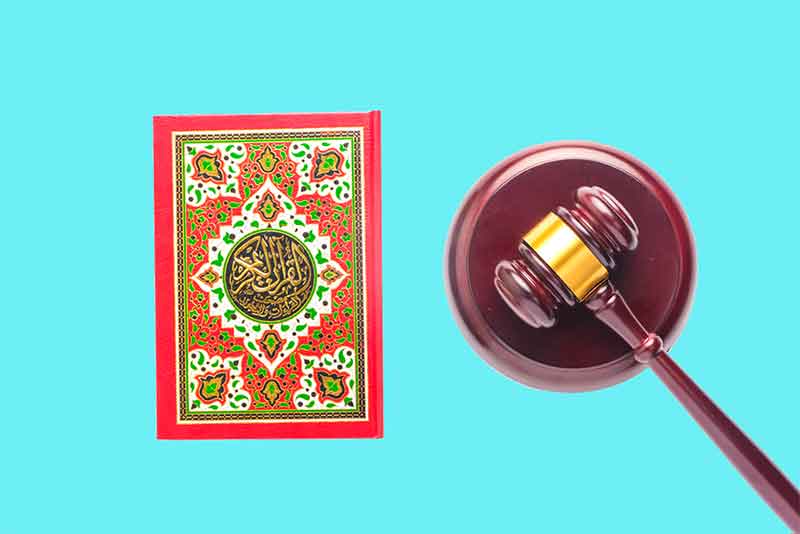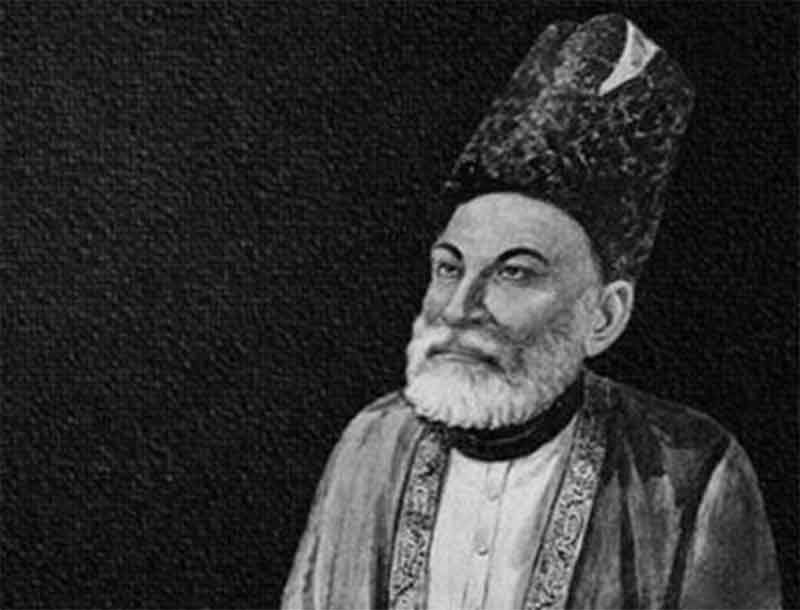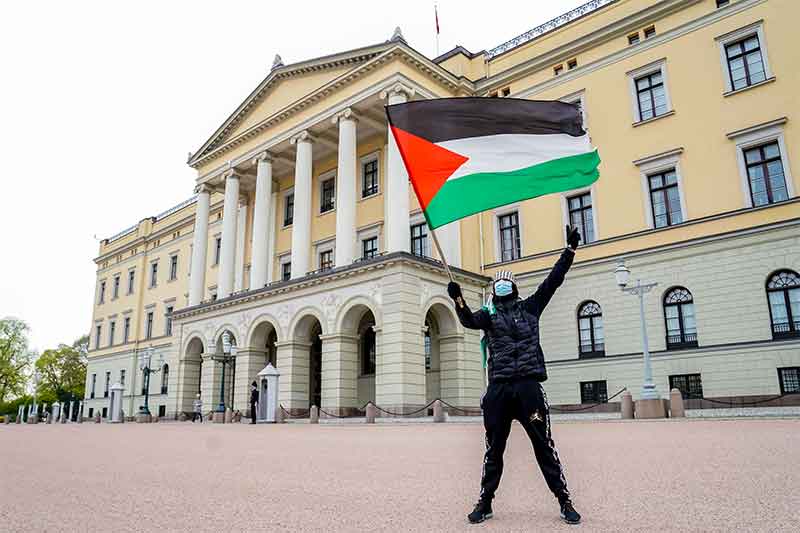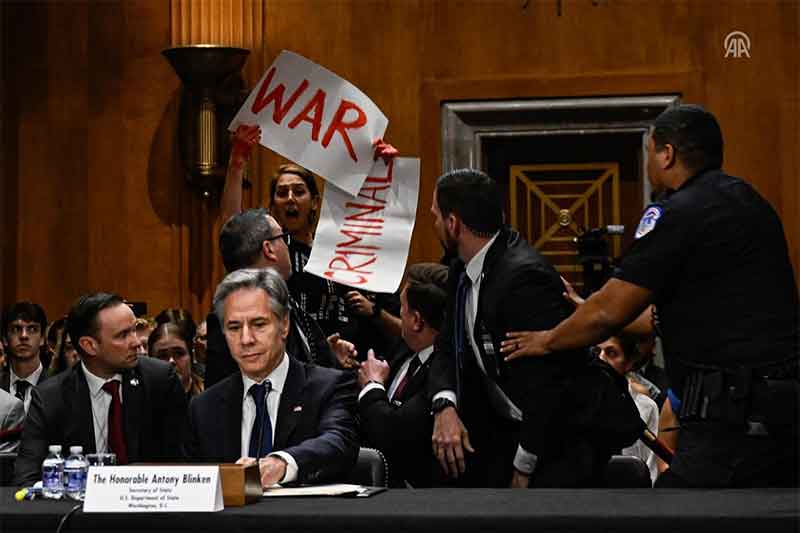
Protection of Human Rights Act, 1993
National Human Rights Commission of India (NHRC, hereafter) was created under the Protection of Human Rights Act, 1993 (PHRA, hereafter) to provide for the constitution of a National Human Rights Commission, State Human Rights Commissions in States, and Human Rights Courts, “for better protection of human rights and for matters connected therewith or incidental thereto”. PHRA came into effect on 28.9.1993.
PHRA Section 2(d) defines HR as “the rights relating to life, liberty, equality and dignity of the individual guaranteed by the Constitution or embodied in the International Covenants and enforceable by courts in India”, where International Covenants is defined in Section 2(f) as “the International Covenant on Civil and Political Rights and the International Covenant on Economic, Social and Cultural Rights adopted by the General Assembly of the United Nations on the 16th December, 1966, and such other Covenant or Convention adopted by the General Assembly of the United Nations as the Central Government may, by notification, specify”. PHRA Section 12 defines the functions of NHRC.
Central Government may notify other covenants or conventions to strengthen civil, political, economic, social and cultural rights as part of HR, in keeping with international norms which are adopted by the UN General Assembly (UNGA), which represents the international community. This would be entirely in keeping with the Constitution of India.
UN accreditation of NHRIs for human rights compliance
NHRC received ‘A’ status of accreditation from the UN-linked Global Alliance of National Human Rights Institutions (GANHRI) for the first time in 1999. [Ref.1] GANHRI’s Sub-committee for Accreditation (SCA) processes applications for accreditation at 5-year periodicity, with inputs from the observations of the Office of the UN High Commissioner for Human Rights (OHCHR).
The GANHRI accreditation system has evolved and been strengthened over past years. Measures that GANHRI adopted to improve the process include: a system by which National Human Rights Institutions (NHRIs) are reviewed on a periodic basis of 5 years; an appeal process for NHRIs to ensure greater transparency and due process; a more rigorous review of each application; more focused recommendations; and wider distribution and greater knowledge of SCA recommendations by NHRIs and other stakeholders, so that they can follow up in-country and contribute to the accreditation process. [Ref.1]
‘A’ status is accorded to NHRIs, which are found fully compliant with the UNGA-proclaimed Universal Declaration of Human Rights (UDHR) of 1948, centred upon “recognition of the inherent dignity and of the equal and inalienable rights of all members of the human family [as] the foundation of freedom, justice and peace in the world”, and the criteria of the internationally recognised and accepted 1993 ‘Paris Principles’.
When a NHRI (in India’s case, our NHRC) applies for review of its accreditation status, SCA activates a rigorous review, involving other NHRIs and stakeholders in the international HR arena. That is, review appeals are peer-reviewed.
NHRC was accorded ‘A’ status of accreditation in 1999, because GANHRI found NHRC compatible with these criteria. NHRC retained its 1999 ‘A’ status of accreditation in the 2006 and 2011 reviews. In the 2016 review, NHRC’s ‘A’ status was deferred for consideration in November 2017, during which SCA recommended that NHRC be again given ‘A’ status. [Ref.2]
India had retained its ‘A’ status of accreditation with GANHRI for the fourth consecutive term of five years, upto 2017. Mr. Justice H.L. Dattu, Chairperson, NHRC, was presented the certificate to this effect by Dr. Beate Rudolf, Chairperson, GANHRI during the 19th to 23rd February 2018, annual meeting of GANHRI in Geneva, Switzerland. [Ref.1]
‘A’ status of accreditation to NHRC, gives India the right to participate fully in the activities of the UN, permits NHRC representation in the UN Human Rights Council (UNHRC) or the UN General Assembly (UNGA), and enables India’s voting rights in UN bodies. Further, the ‘A’ status permits NHRC Chairperson to attend meetings of UNHRC or UNGA.
Only if NHRC is accorded ‘A’ status, will India hold its rightful place and respect in the comity of nations. India’s long-standing claim to UN Security Council (UNSC) permanent membership is likely to lose credibility in its absence.
Thus, NHRC’s unbroken ‘A’ status of accreditation over four reviews, is a matter of pride for India’s commitment to HR values, Central government’s positive approach to HR of India’s people, and a statement of NHRC’s institutional effectiveness in carrying out its mandated function under PHRA.
GANHRI’s Report
GANHRI’s Report and Recommendations of the Session of the Sub-Committee on Accreditation (SCA), Online, 13 – 17 February 2023, and Geneva, 20 – 24 March 2023, [Ref.3] concerns Belgium, Canada, Morocco, The Philippines, Poland, Tanzania, Zimbabwe, Costa Rica, India, and Northern Ireland, besides Jordan, Myanmar and Russia.
In the section concerning “National Human Rights Commission of India (NHRC)”, SCA recommends that NHRC addresses all violations of human rights and ensures effective follow-up, so that the State makes the necessary changes to ensure that human rights are clearly protected. The SCA further recommends that the NHRC ensures that its positions on these issues are made publicly available, as this will contribute to the strengthening of the credibility and accessibility of the institution for all people in India.
Thus, while GANHRI’s latest report is still awaited, its previous report cited several reasons for deferral. Some of these are, lack of transparency in appointing members to the NHRC, the appointment of police officers to oversee human rights investigations, and the lack of gender and minority representation on the member panel. [Ref.4]
India denied ‘A’ status accreditation
News that NHRC failed to win accreditation of ‘A’ category status [Ref.5] in the review held on 01.5.2024, is cause for serious concern. The next review may be held later in 2024 or in 2025.
While serving as a Judge in India’s Supreme Court, at the inaugural ceremony of the International Judicial Conference on 22.02.2020, Justice Arun Kumar Mishra said, “India is a responsible and most friendly member of the international community under the stewardship of the internationally acclaimed visionary Prime Minister Shri Narendra Modi.” He described Modi as “a versatile genius who thinks globally and acts locally”. The appointment of Justice Mishra as NHRC Chairman on 01.6.2021, soon after he retired, has brought into question, NHRC’s autonomy from Government, and its independence of investigation of HR violations, both criteria of the ‘Paris Principles’.
OHCHR has urged corrective action to protect human rights and end attacks against minorities in the lead up to elections. This is a reflection on NHRC’s competence and/or independence of action, which are criteria for review.
However, one should not fail to note a weakly argued, facile accusation of GANHRI’s unfairness by “double standards” towards India, and that NHRC deserves ‘A’ status. [Ref.4]
Manusmriti quoted in NHRC’s brochure
The Introduction chapter of NHRC’s “Human Rights for All” brochure of September 2023 issued on the landmark Azadi ka Amrit Mahotsav, [Ref.6] states: “Ancient Indian literature, including texts like the Vedas, Upanishads, and various Dharma Shastras (texts on ethics and duties), contains references and teachings that resonate with the principles of human rights”, and “The Manusmriti, while reflecting the social norms of its time, also outlines principles of justice, including punishment proportionate to the crime”.
Manusmriti is a Dharma Shastra, with the following features which are contrary to the Constitution of India:
# Manusmriti defines people according to their varna, that is the four castes of Brahmin, Kshatriya, Vaishya, and Shudra, with graded superiority by birth. Constitution Article 15(1) mandates: “The State shall not discriminate against any citizen on grounds only of religion, race, caste, sex, place of birth or any of them”.
# Manusmriti prescribes severe punishment for a Shudra even hearing recitation of the Vedas. Also, murder committed by a Brahmin is considered less severe a crime than murder of a Brahmin by a non-Brahmin. Constitution Article 14 mandates: “The State shall not deny to any person equality before the law or the equal protection of the laws within the territory of India“.
# Manusmriti denies Shudras and women education, to which males of upper castes have access or are entitled, and holds women as subordinate to men. Constitution Article 14(2) mandates: “No citizen shall, on grounds only of religion, race, caste, sex, place of birth or any of them, be subject to any disability, liability, restriction or condition … ”, and Article 14(4) speaks of the State making “special provision for the advancement of any socially and educationally backward classes of citizens or for the Scheduled Castes and the Scheduled Tribes”.
# Manusmriti separates castes in terms of occupations they may engage in. Constitution Article 19(1)(g) confers the fundamental right to all citizens “to practise any profession, or to carry on any occupation, trade or business”.
Manusmriti had relevance in the times that it was written and accepted as law. It has features concerning dharma and social customs, that are valued even in present times. However, in respect of the four features mentioned above, Manusmriti is at odds with the values of justice, liberty and equality enshrined in the Constitution of India. Manusmriti cannot contribute to the principles of justice concerning modern concepts of HR, when PHRA Section 2(d) defines HR as “the rights relating to life, liberty, equality and dignity of the individual guaranteed by the Constitution or embodied in the International Covenants and enforceable by courts in India”.
NHRC, the creature of the PHRA, is mandated to function according to the values and spirit of the Constitution. NHRC officially stating: “Manusmriti…outlines principles of justice, including punishment proportionate to the crime”, raises doubts concerning its being influenced by religious bias. Mention of Manusmriti in NHRC’s official brochure of September 2023, in the context of justice and punishment, is incompatible with core constitutional values, and will detract from the credibility of NHRC’s application for ‘A’ status accreditation.
The way forward
It ill-behoves a nation of India’s standing to deny NHRC’s failings or shortcomings [Ref.7]. It is better that NHRC takes note of OHCHR’s observations, and takes positive steps according to GANHRI’s SCA recommendations, to improve its function as mandated in PHRA. The responsibility to do this rests with the NHRC Chairperson.
Responsible State and Central governments would conduct honest and transparent appraisals of the prevalent HR situation, and take corrective measures. Genuinely people-centric State and Central legislatures would question their respective governments on HR violations. Nothing stops an alert higher Judiciary from taking suo moto cognisance of blatant HR violations, and upholding justice for the People. All these, would be in keeping with PHRA Section 2(d): “the rights relating to life, liberty, equality and dignity of the individual guaranteed by the Constitution”.
Improving NHRC’s functioning cannot but benefit society. It will raise India in the eyes of the global community, and improve India’s ranking in the Global Freedom Index, reflecting a strong and independent human rights body in India [Ref.7]. Importantly, ‘A’ status accreditation will restore India’s participation and rightful place in the comity of nations.
NHRC officials toeing government’s line out of fear or “bhakti” for powerful persons, cannot be in the national interest, primarily because our Republic is always greater than any of our State or Central governments.
S.G.Vombatkere retired in 1996 from service in the Indian Army, in the rank of Major General.
References (hyperlinked in the text)
1. “NHRC, India retains its ‘A’ status of <br> accreditation with GANHRI”; <https://nhrc.nic.in/press-release/nhrc-india-retains-its-status-accreditation-ganhri>; National Human Rights Commission; Undated, but referring to February 2018.
2. Aakar Patel; “After NHRC Loses Its UN Links, India Might Lose Vote at Human Rights Body”; <https://m.thewire.in/article/rights/after-nhrc-loses-its-un-links-india-might-lose-vote-at-human-rights-body/amp>; The Wire; May 21, 2024.
3. “Report and Recommendations of the Session of the Sub-Committee on Accreditation (SCA)”; <https://www.ohchr.org/sites/default/files/documents/countries/nhri/ganhri/SCA-Report-First-Session-2023-EN.pdf>; February-March 2023.
4. Abhinav Mehrotra & Dr.Bishwanath Gupta; “UN’s Double Standard? Why India’s NHRC Deserves Accreditation”; <https://www.news18.com/opinion/opinion-uns-double-standard-why-indias-nhrc-deserves-accreditation-8898974.html>; News18; May 21, 2024.
5. DNHS; “Humiliation over NHRC’s status”; <https://www.deccanherald.com/opinion/editorial/humiliation-over-nhrc-s-status-3033009>; Deccan Herald; May 22, 2024.
6. “Overview of National Human Rights Commission, its functions and various activities”; <https://nhrc.nic.in/sites/default/files/Overview%20of%20National%20Human%20Rights%20Commission%2C%20its%20functions%20and%20various%20activities_0.pdf>; NHRC; September 2023.
7. Sarah Thanawala; “India’s human rights record under scrutiny as NHRC prepares for renewal of accreditation with GANHRI SCA”; <https://theleaflet.in/indias-human-rights-record-under-scrutiny-as-nhrc-prepares-for-renewal-of-accreditation-with-ganhri-sca/>; The Leaflet; July 8, 2022.
***************************************************



